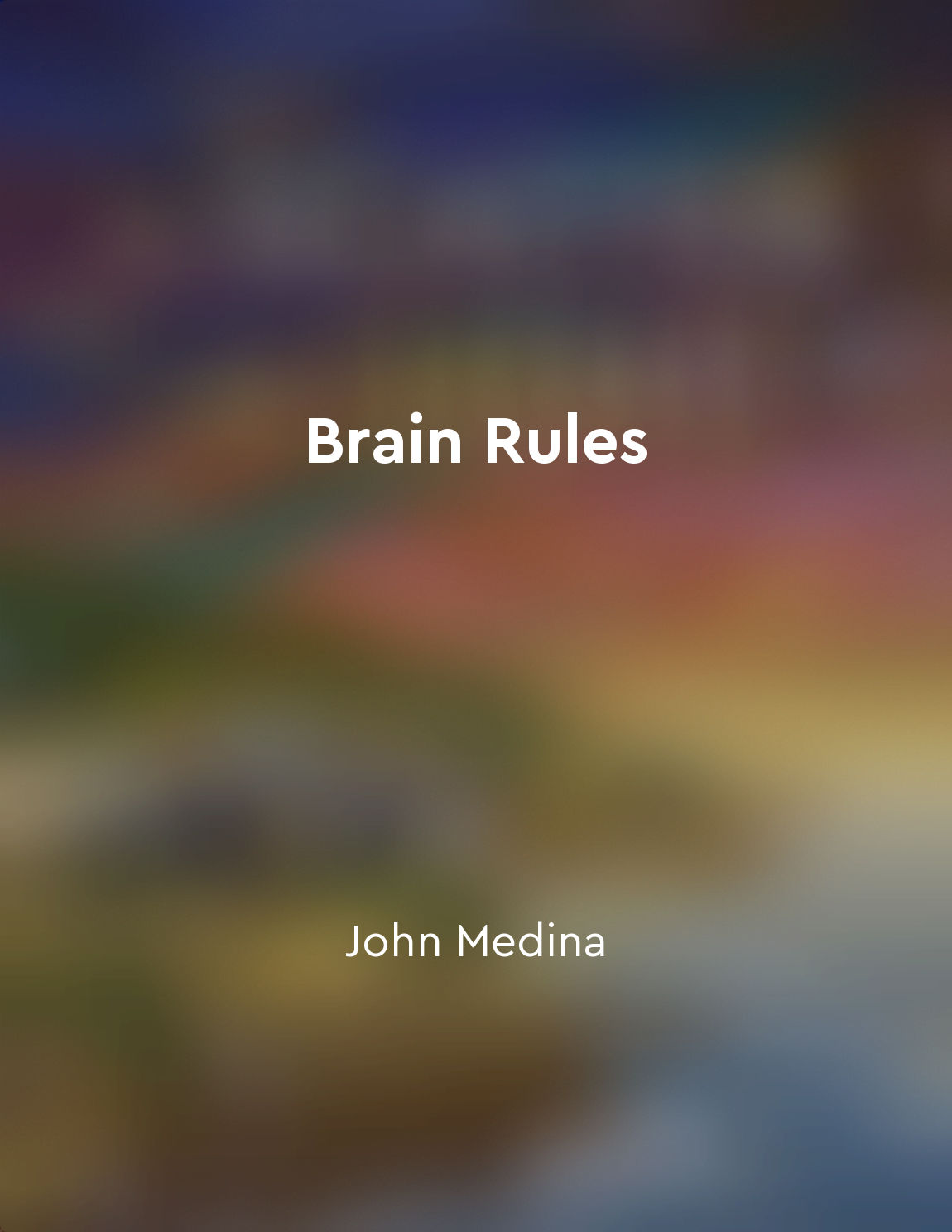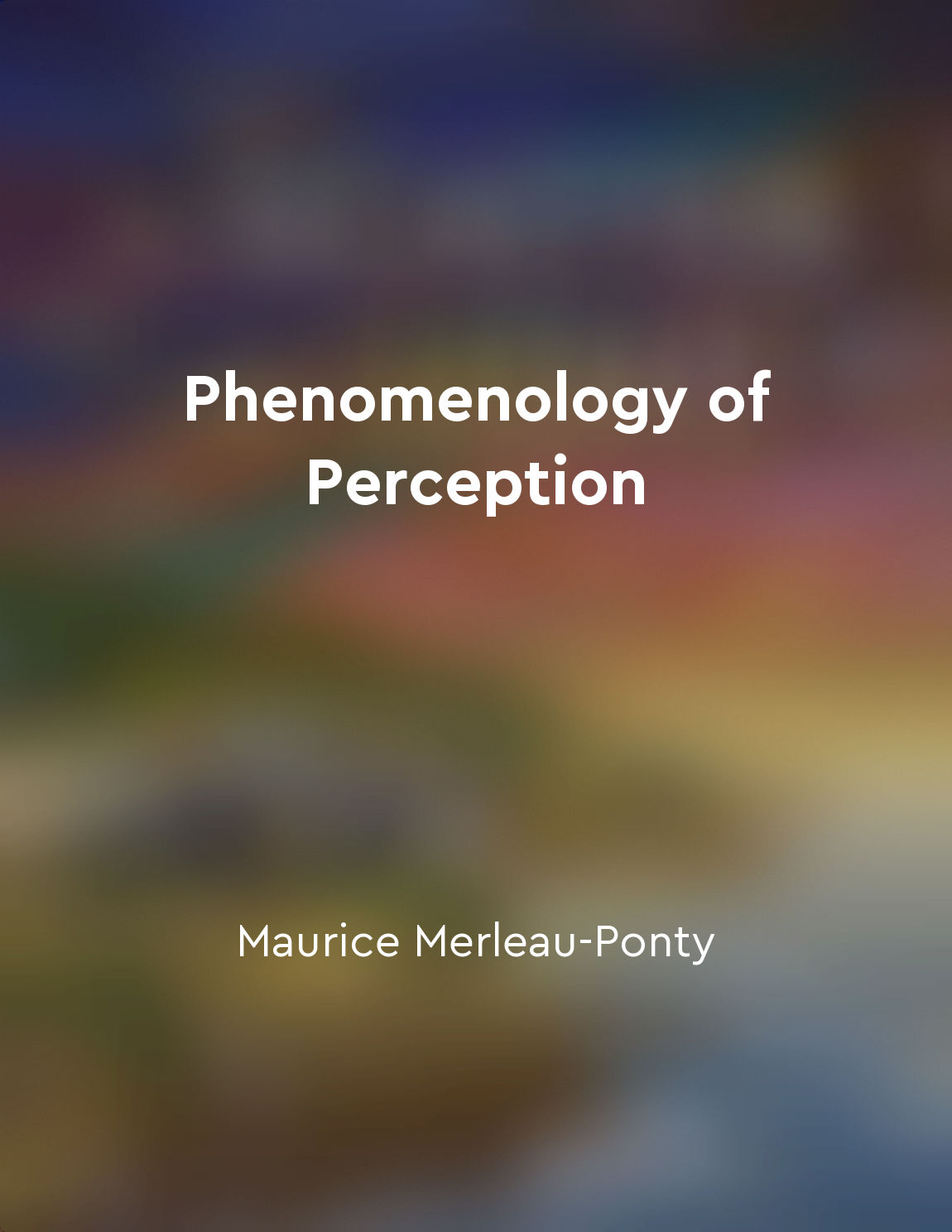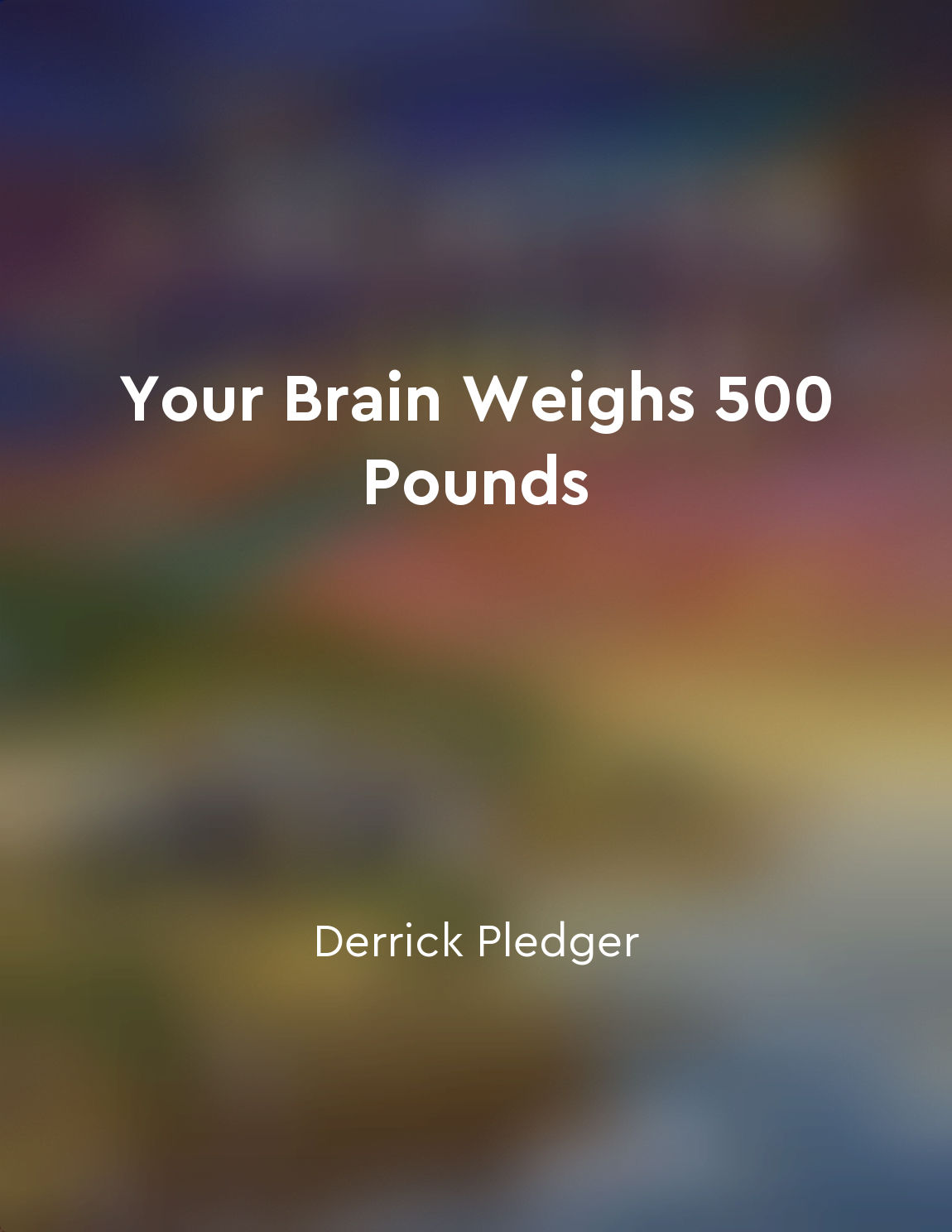Sight restoration is not always a straightforward process from "summary" of The Mind's Eye by Oliver Sacks
The restoration of sight, one might think, is a matter of straightforward reconnection, of plugging in the eye and seeing. But it is not always so simple. The brain, like any other part of the body, can undergo changes and adaptations in response to injury or deprivation. In the case of the blind, the visual cortex, deprived of input, may be taken over by other senses, such as touch or hearing. When sight is suddenly restored, the brain must adjust to this new influx of information, relearning how to interpret and process visual stimuli. This process of relearning can be arduous and frustrating. Some patients, upon regaining sight after years of blindness, find the experience overwhelming and disorienting. They may struggle to make sense of the visual world, their brains struggling to process the flood of new information. Objects may appear distorted or unfamiliar, colors may be difficult to distinguish. The brain, used to relying on other senses, must now learn to trust in its visual perceptions. Moreover, the restoration of sight is not always permanent. In some cases, patients may experience fluctuations in their vision, with periods of clarity followed by periods of darkness or distortion. The brain, still adapting to its newfound ability, may struggle to maintain a consistent visual experience. This inconsistency can be disconcerting, leading some patients to question the value of their restored sight.- It is important for patients undergoing sight restoration to be patient and persistent. The brain is a remarkable organ, capable of remarkable feats of adaptation and learning. With time and effort, many patients are able to overcome the initial hurdles of restored sight and regain a sense of normalcy in their visual experience. It is a process that requires trust in the brain's ability to rewire and relearn, a process that ultimately leads to a deeper appreciation of the gift of sight.
Similar Posts
Yoga can improve brain flexibility
Norman Doidge introduces the idea that practicing yoga can enhance flexibility in the brain. He explains that when we engage in...

To improve your thinking, slow down
Slowing down can have a profound impact on the quality of our thinking. In today's fast-paced world, we often feel the need to ...

The body is a continuous source of meaning
Merleau-Ponty asserts that the body is not merely a physical entity but a dynamic source of significance that continuously shap...

Emotions can influence cognitive processes
In our complex brains, emotions and cognitive processes are deeply intertwined. When we experience emotions, such as happiness,...
Setting and working towards goals can stimulate brain growth
Setting and working towards goals can stimulate brain growth. The brain is a dynamic organ that can change and adapt throughout...
The brain adapts to visual loss
In conditions of visual loss, the brain exhibits remarkable adaptability, compensating for the lack of visual input by enhancin...
The connection between vision and memory is complex
Vision and memory are not separate or discrete functions, but are deeply intertwined and interconnected in the mind. The comple...
Vision impairment challenges perception
Vision impairment can radically alter one's perception of the world. When the eyes lose their function, the brain must compensa...

